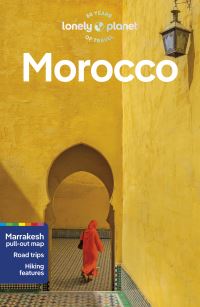Description
DENIM: THE FABRIC THAT BUILT AMERICA 1935-1944 is a beautiful and irresistible portrait of an iconic cloth and a celebration of style’s most enduring inspiration. It is said that over 80 percent of the planet have owned an item of denim clothing. We spend hours crafting the insouciant turn of a hem and the casual roll of a collar; we spend our hard-earned money on carefully weathered, faded denim. And here is our original inspiration: defined over 70 years ago by hard-working people in their hard-working labours in a timeless look that has never gone out of style. In black and white and colour, these are photographs of ordinary Americans relentlessly toiling – hands, face, boots and denim dirty – to push America out of the Great Depression into the prosperity of its post-War years. And all wearing the toughest utility fabric available to them – denim. Levi’s, Wrangler, Lee, OshKosh, Carhartt – all the iconic American brands and more are here on workwear overalls, jeans, jackets and shirts. Americans of every race, young and old – the images are reproduced here in exquisite print quality. In such context, the detail of the denim – heft of the weave; white stitching stark against blue; selvedge edges; turned-up hems – is seen as startingly modern. The photographs in this coffee table volume are taken from the archive of the Farm Security Administration and O’ce of War Information. The archive holds over 170,000 images and some of the most recognisable photographs of the twentieth century, such as Lange’s ‘Migrant Mother’. Many more have rarely been seen. The archive holds well-known stories and untold histories, but it has never been looked at through the prism of fashion history before. An extraordinary feat of curation, 250 images have been discovered in the hidden depths of the archive to form this book. It is written and art-directed by denim historian and vintage-clothing expert Graham Marsh, who is responsible for the seminal publication, Denim: From Cowboys to Catwalk. Marsh places the photographs in their historical context and discusses the clothing with an infectious turn of phrase that is authoritative, humorous, and with an obsessive attention to detail. The treasure trove of images is edited by Tony Nourmand, who has a peerless curatorial ability to unearth priceless gems from archives both famous and unknown.




